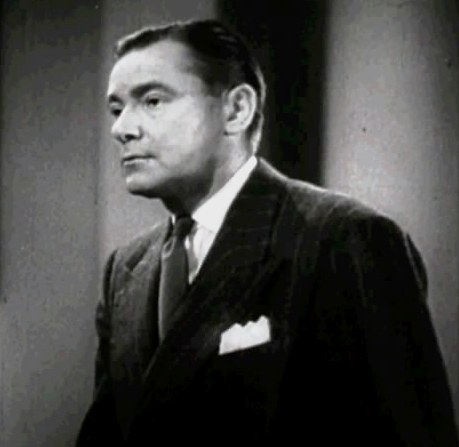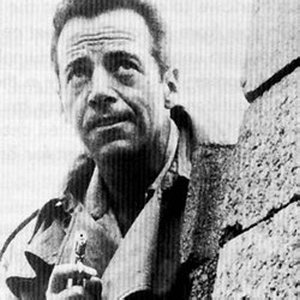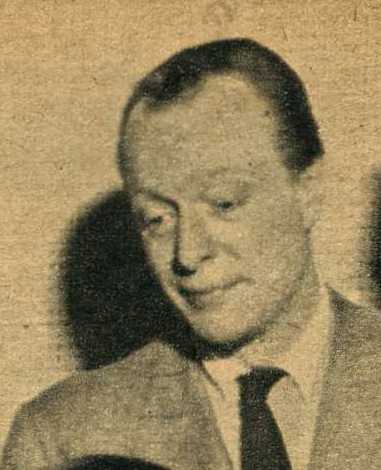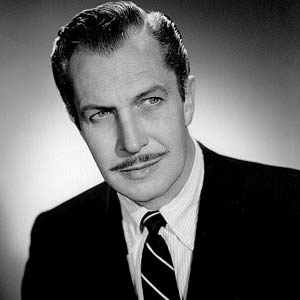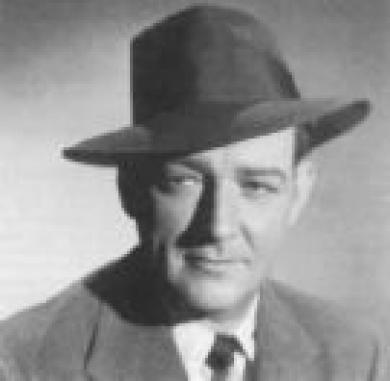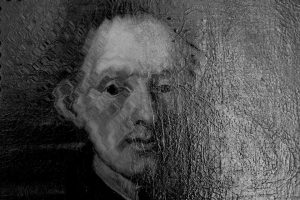Continued from Part Twelve
Conclusion
The Golden Age of American Radio at its peak held Americans in thrall day by day and week by week. It set a standard for high quality in both writing and acting that was a tough act to follow. Radio dramas that followed over the next twenty years strained to reach the heights of radio at its peak and fell far short.
The end of CBS Radio Mystery Theater in 1982 and PBS being forced to scale back its audio drama ambitions was enough to lay to rest the idea that the scope and grandeur of the golden age of radio was in reach for modern producers. Yet, that wasn’t the end of audio drama in the United States. Those currently making audio dramas fall into three categories:
A few corporate properties have found ways to make radio drama profitable. We can assume GraphicAudio’s high-octane audio dramas have made them successful enough to be a worthy acquisition last year, and it would be surprising if the Twilight Zone Radio Dramas hadn’t turned some sort of profit. In addition, Audible has begun making audio dramas and longer dramatized audiobooks as a way to draw in potential subscribers (and revenue) to their online service.
For non-profits, it was an opportunity to reach an audience to fulfill their mission at a far lower expense than television. In addition, the most prodigious at selling albums of their work have been able to recoup their production costs and use the revenue to expand their radio presence.
Most Independent drama producers have known from the start they would never be Orson Welles, but they persisted anyway. They set out to find an audience to play for. The best of them found their audience, built a relationship, and served them well. For actors, it was (at best) a fun job to do in addition to what other acting or non-acting jobs they did to pay the bills. For Independent creators, audio dramas are a labor of love, an investment in time and money to do something they care about, but which is unlikely to do much more than break even after paying their cast and crew. If they’re very lucky, they may make a small supplemental income.
Many newer audio dramas have come out as podcasts. They never attempted to be on radio, or had a “theater.” On many productions, the cast has never met in person with recordings done at a distance (even before COVID-19) and the performances edited together seamlessly, if both the acting and editing is done well.
Yet most of these productions have a love for the medium at heart. Even for those who make a small profit, there are easier ways to make a living, even in the unreliable world of the arts. Some may have been inspired by the golden age of radio. Others may have no knowledge or interest in the old days, but nonetheless love the power of the medium. It’s cliché, even hackneyed to refer to audio as “the theater of the mind.” Yet it’s true. Audio drama, done correctly, can connect with the listener in an impactful, intimate way. by tapping into the power of imagination.
The Future
For the foreseeable future, most successful audio dramas will be released as podcasts to a potential worldwide audience. There are countless free podcasts. Some last only few episodes before being abandoned. Some limited series were only a few episodes. Others continue for years until real life pressures and needs forces creators to step away.
Brands such as Colonial Radio Theater, Harry Nile, LA Theatre Works, GraphicAudio, and Adventures in Odyssey that have an existing base for selling products are going to be able to continue to do so and Audible can do what it likes. I doubt we’ll see new producers able to commercially sell audio dramas. While Christian radio or public radio stations might air a new audio drama or two, I expect we won’t hear a new series on radio.
While radio and CD releases have been the past of radio, it’s future will be in the world of podcasts where corporate-sponsored efforts will compete with crowd-funded podcast acting troupes, and the self-funded low-budget series. The future of American audio drama, much like its past, will be varied, colorful, and marked by passion and dedication.
Final Thoughts
It’s been quite a fun summer series and I have to thank Caroline Crompton for prompting this whole series.
The biggest regret is all the programs we didn’t cover or just briefly touched on. ZBS, National Radio Theater of the Ear, California Artists Radio Theater, the Cape Cod Mystery Theater, and Down Gilead Lane are among the series that I either didn’t say much about or whose existence I mentioned briefly. As I said when I started, I wasn’t setting out to write an exhaustive history and therefore we couldn’t include everyone.
I do see an opportunity to write a history of radio drama since the Golden Age of Radio. A lot of interesting individuals have helped form that history. It’s the type of thing that would be written by someone who had retired or could take a sabbatical year to travel, interview people, track down recordings, and create something truly special for the audience that would be interested in it. If anyone writes such an exhaustive history, I’ll be sure to read and review it.

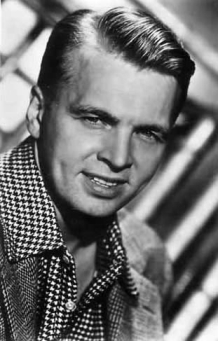
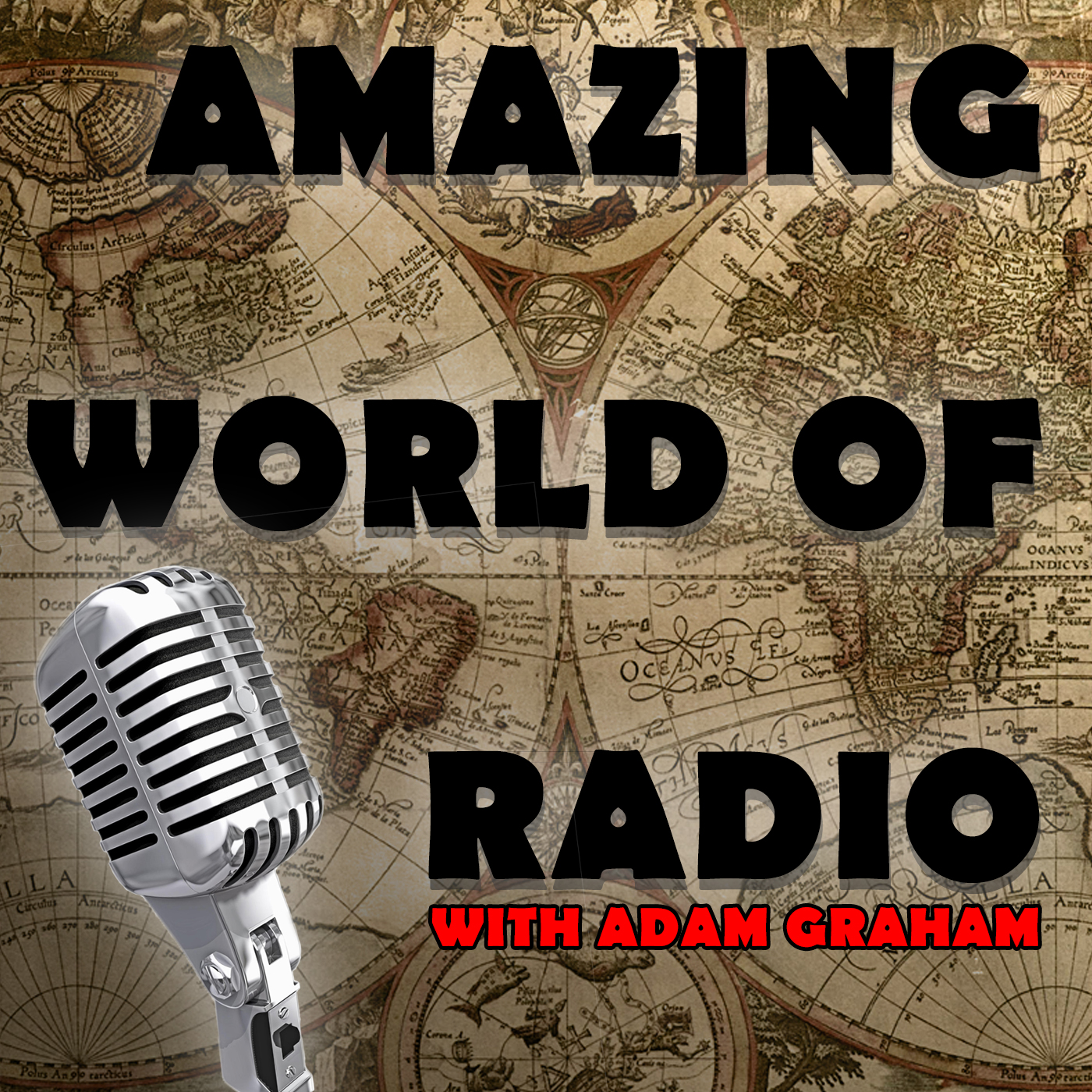
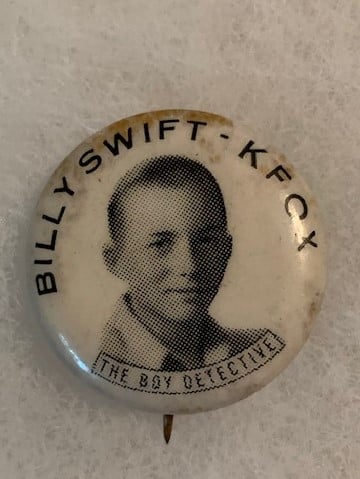 ”
”